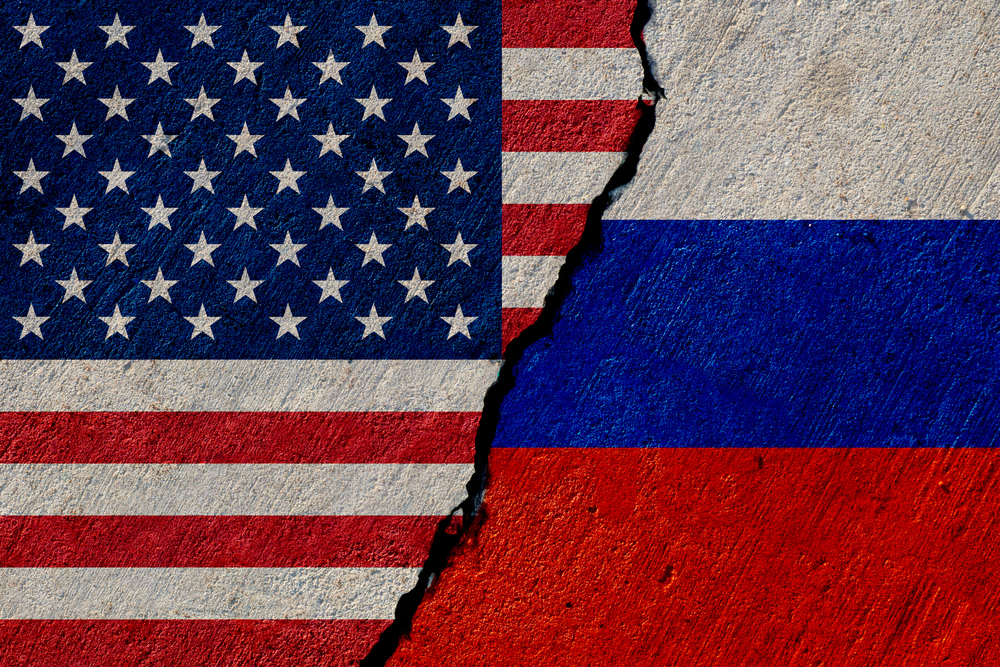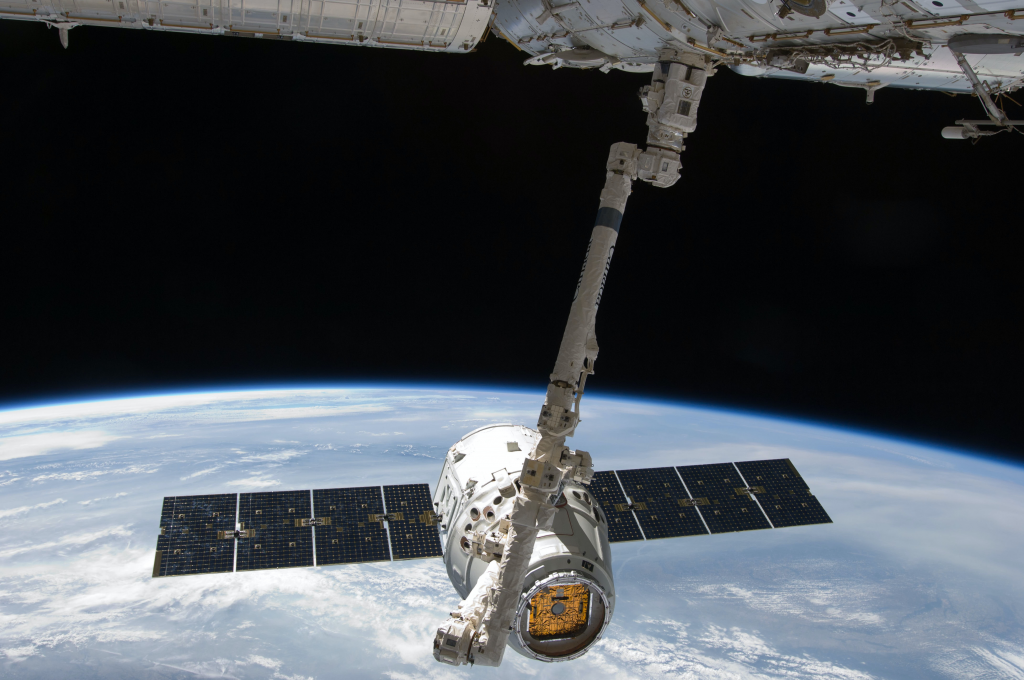
The lifting of sanctions on wheat and fertilizers from Russia: one reason to rejoice and several reasons to distrust the decisions of the White House
The US Department of the Treasury eased restrictive measures against Russia, allowing transactions with Russia related to food, fertilizer, seeds, medicines and medical equipment. A publication on the department’s website states that “all transactions in relation to the production, manufacture, sale or transportation of agricultural goods, equipment, medicines, medical products, spare parts and components, or software updates for medical devices” become legal. As it is specified, for the agricultural sector food for animals, mineral and organic fertilizers, seeds, reproductive materials for animal husbandry have been withdrawn from the restrictions.
At first glance, the news seems to be promising. Apparently, the Joe Biden administration has finally understood the consequences of having the “wars” sanctions for world food security and the consumer market of its country. In the past months the risk of famine in Africa due to disruptions in the supply of food and wheat, which began because of the war in Ukraine has been seriously discussed. It does look not acceptable at the beginning of the 21st century. Now this risk will become much lower. Moreover, Russia agrees not to interfere with the supply of Ukrainian grain to African countries. On July 13, the first round of negotiations on this issue between Russia and Ukraine was held in Istanbul, where representatives of the UN and the Turkish authorities acted as mediators. One way or another, parties will come to a compromise.

This news will also have a positive effect on food prices within the country. Interruptions in the supply of Russian fertilizers, which accounted for a significant share of the consumption of agricultural producers, threatened to complicate the sowing campaign altogether. It is true that these negative expectations made a very serious contribution to food inflation even before the start of agricultural work. The consumer price index, a measure of everyday goods and services linked to the cost of living, rose by 9.1%. This was the fastest rate of inflation since November 1981. Excluding volatile food and energy prices, the so-called core consumer price index rose just by 5.9%. On a monthly basis, the headline CPI rose by 1.3% and the core CPI rose by 0.7% in June. Now there is reason to hope that inflation will at least slow down.
However, there are several key issues and problems that do not allow us to fully perceive the changes positively. Firstly, this is the cynicism and duplicity with which the White House went to this “private” reconciliation with Moscow. After all, the sanctions were imposed under the pretext of fighting Russia as an “absolute evil”, for the sake of crushing which the Americans had to endure any hardships. Biden said bluntly that high prices would have to be endured for as long as necessary, and Putin, according to his version, is still the main culprit of everything bad in this world, including the deterioration in the standard of living of US citizens. But with this “global evil “could possibly not only trade in fertilizers, but also explore outer space together at the MSC. Biden administration officials counter criticism by saying that these are only temporary concessions, and everything is being done for the sake of the Americans themselves. This does not improve the moral side of the issue, and it is a dubious statement. The decision to note anti-Russian sanctions in the field of food, fertilizer, medicines and medical equipment only says that Washington makes an exception to sanctions when it suits it and “ideals” are invented only for simpletons and fools, whose role is played by ordinary Americans.

Secondly, it is not clear why the decision to lift these restrictions was made only now. If the administration in the White House could not predict the heavy economic impact in advance and realized it only now, then this speaks of its unprofessionalism. They can hardly be convinced – very often Biden acts ineffectively and only worsens the situation of every American. The last striking example is the failure of his negotiations to increase oil production in Saudi Arabia, which was very predictable. If it was a deliberate policy, then this is even worse, as consumers were deliberately doomed to worsen their well-being.
Finally given the opportunistic and situational decision-making in the Biden`s administration, one can say that the abandonment of useless and even harmful sanctions could not last for a long time. In 1980, the economic-dangerous actions to reduce grain exports, which then another Democrat Jimmy Carter wanted to implement, were stopped by agricultural lobbyists. It is unlikely that today the change in Biden’s decision was taken without their participation. Should the political situation change even slightly, the president will again easily endanger the lives of hungry Africans. But they are not the only ones at risk. The Biden administration, for the sake of populism, is profitable to fight the “Russian threat”. For him this is just a political game that ordinary Americans pay for.

